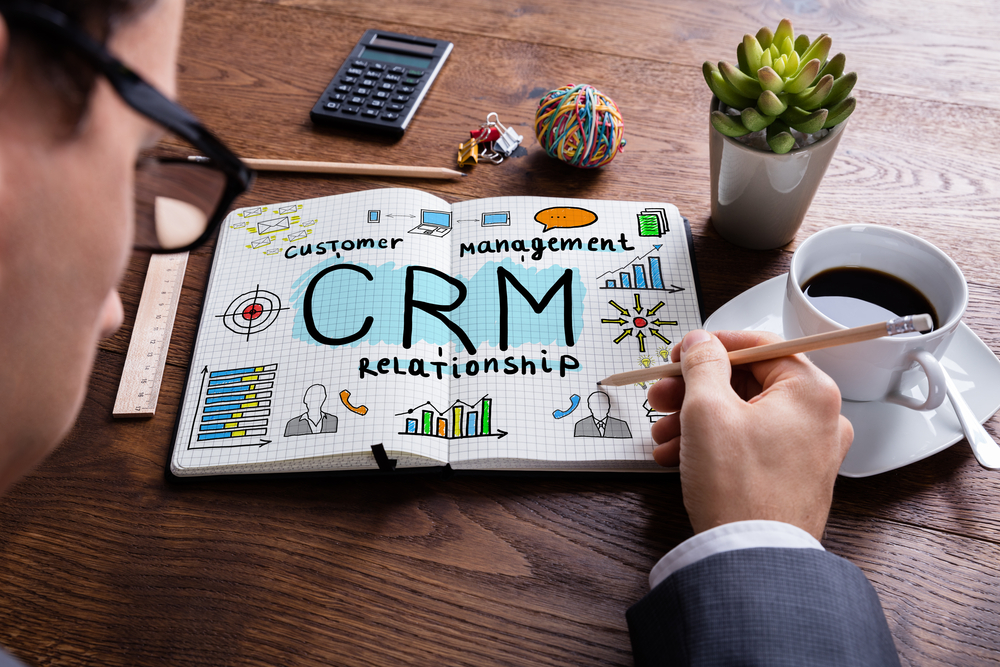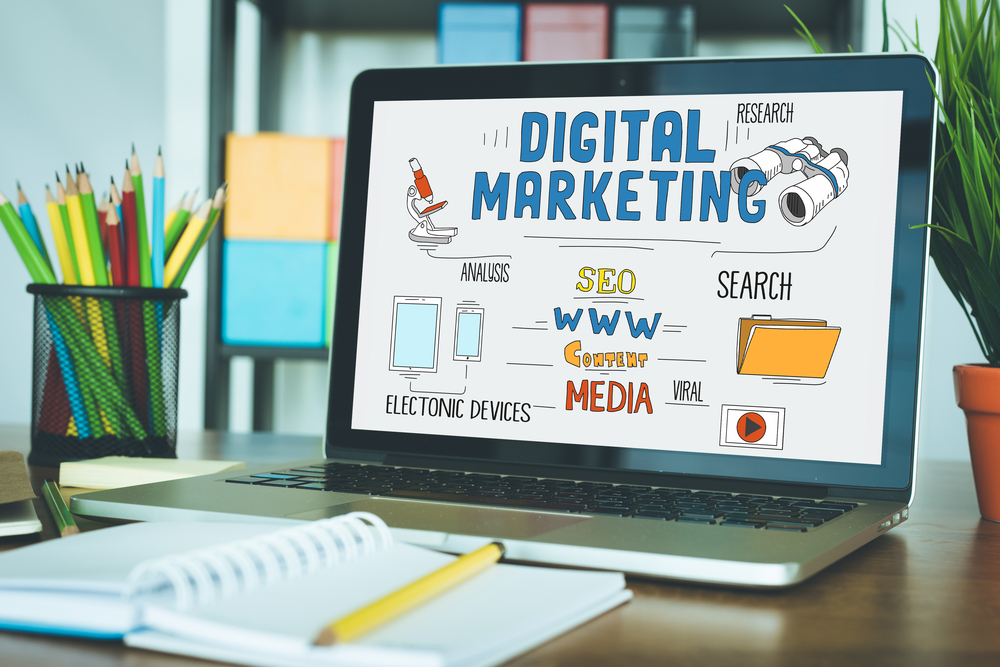What's the difference between business development and marketing?
Business Development and Marketing are two critical functions in any organization that are often confused with one another. However, they have distinct objectives and approaches. Business Development focuses on creating and maintaining strategic partnerships, acquiring new customers, and expanding market reach to achieve growth. It involves identifying new business opportunities, building and maintaining relationships with partners and clients, evaluating and negotiating deals, and driving revenue growth. On the other hand, Marketing is all about promoting and selling products or services through advertising, research, branding, and customer engagement. It involves researching and understanding the target audience, developing and executing marketing campaigns, building brand awareness, and generating leads and sales. Both Business Development and Marketing play a crucial role in growing a business, but they approach it from different angles. While Business Development is focused on expanding the business through partnerships and new business opportunities, Marketing is focused on promoting and selling the company's products or services to the target audience. A successful business strategy needs a balance of both Business Development and Marketing efforts.
What Is Business Development?
Business Development is a function that focuses on creating and maintaining strategic partnerships, acquiring new customers, and expanding market reach to achieve growth for an organization. It involves identifying new business opportunities, building and maintaining relationships with partners and clients, evaluating and negotiating deals, and driving revenue growth. The goal of Business Development is to increase the size and scale of the business by exploring new markets and creating mutually beneficial partnerships. A successful Business Development strategy requires a deep understanding of the industry, competitors, and market trends, as well as excellent communication and negotiation skills. Business Development professionals work closely with other departments such as Sales, Marketing, and Operations to ensure the growth and success of the organization.
Improves Relationships
Business development is all about creating and nurturing relationships with partners, clients, and stakeholders. It involves building trust, providing value, identifying opportunities, fostering collaboration, and strengthening connections. By consistently and effectively communicating with partners and clients, business development builds trust and strengthens relationships. By offering solutions that meet their needs, business development provides value to partners and clients, further solidifying the relationship. By identifying mutually beneficial opportunities, business development fosters collaboration and partnership, creating a win-win scenario for both parties. Lastly, by strengthening connections and networks, business development expands the reach and impact of the organization and its partners. All these aspects of business development ultimately improve relationships, making them more productive, profitable, and long-lasting.
Encouraging Growth
Business development encourages growth by identifying new opportunities, expanding reach, and improving relationships. Through market analysis and research, business development professionals identify new market segments, untapped customers, and potential business partners that can drive growth. By expanding the reach of the organization through partnerships and collaborations, business development opens new doors to growth. By improving relationships with partners, clients, and stakeholders, business development creates a strong foundation for long-term success. Additionally, business development fosters innovation and helps organizations stay ahead of the competition by staying current with industry trends and technologies. In sum, business development provides a holistic approach to growth, covering all the essential elements needed for sustainable and continuous expansion.

What is Marketing?
Marketing is the process of promoting and selling products or services to the target audience. It involves researching and understanding the target audience, developing and executing marketing campaigns, building brand awareness, and generating leads and sales. Marketing also includes activities such as advertising, public relations, branding, and market research. The goal of Marketing is to create demand for the company's products or services and to build a strong relationship with customers. Effective Marketing strategies use a combination of traditional and digital channels to reach the target audience, including social media, email, search engines, and more. Marketing plays a critical role in the success of a business by raising awareness of the brand and increasing sales. It is essential to have a strong marketing plan in place to reach the target audience and achieve business goals.
Primary goal of marketing is to cover the 7 P's, also known as the Extended Marketing Mix.
- Product: refers to the goods or services offered by a company.
- Price: refers to the cost of the product or service to the consumer.
- Place: refers to the distribution channels used to reach customers.
- Promotion: refers to the various communication and advertising efforts used to create awareness and interest in the product or service.
- People: refers to the employees and stakeholders involved in delivering and promoting the product or service.
- Process: refers to the processes and systems used to deliver the product or service.
- Physical Evidence: refers to the tangible elements of the product or service that support its delivery and communication.

Let's dive into some of the major distinctions between these two key factors of a business :
Each Focuses on Different Functionalities
One of the main differences between business development and marketing is the stage of the sales process that each function focuses on. Strategic business development is focused on the early stages of the sales process, such as identifying and developing new opportunities, while marketing is focused on later stages, such as promoting and selling products and services. Business development is also more focused on building long-term relationships and creating new business, while marketing is more focused on short-term results and driving sales.
Both Marketing and Business Development Need Different Sets of Skills
Another key difference between the two is the type of skills and expertise required for each role. Business development professionals typically have strong analytical and strategic thinking skills, as well as strong communication and negotiation skills. They are experienced in identifying and analyzing market trends and are capable of developing and implementing effective business strategies. Marketing professionals, on the other hand, typically have strong creative and communication skills, as well as experience in developing and executing marketing campaigns. They are experienced in market research and analysis and can identify and target specific customer segments.
Each Has Different Approaches
The approach and mindset of business development and marketing professionals also differ. Business development professionals often take a more proactive approach, constantly seeking out new opportunities and partnerships. They are always on the lookout for ways to expand the business and are not afraid to take risks. Marketing professionals, on the other hand, take a more reactive approach, focusing on promoting and selling existing products and services. They use market research and analysis to understand consumer behavior and preferences and create campaigns and strategies to target specific customer segments.
Importance Of Understanding the Difference
In today's fast-paced business environment, any organization needs to have a clear understanding of the differences between business development and marketing. This allows them to effectively utilize the strengths of both functions to drive growth and achieve success. Business development can help organizations identify and pursue new opportunities, while marketing can help organizations promote and sell their products and services.
Moreover, effective business development and marketing strategies should work in harmony. Business development professionals should be aware of the products, services, and target market of their organization, which will help them identify new business opportunities that align with the organization's overall strategy and goals. On the other hand, marketing professionals should be aware of the new business opportunities and partnerships that the business development team is working on, which will help them develop marketing campaigns that align with the organization's overall growth strategy.
Combining These Two Forces for Success
Though not the same thing, business development and marketing have a lot of crucial connection points. Both aim to increase revenue and growth for a company, but they approach this goal in different ways. Business development focuses on identifying and pursuing new business opportunities, such as partnerships, acquisitions, and new markets. Marketing, on the other hand, focuses on promoting and selling a company's products or services to existing and potential customers. However, the two functions often work together to identify and target new market segments, develop and launch new products, and create and implement promotional campaigns. Additionally, business development can use marketing to promote new business opportunities to potential partners and investors. In short, Business development focuses on creating new businesses, whereas marketing focuses on promoting existing businesses. Both are important for the growth and success of a company.
In conclusion, business development and marketing are two essential functions that play a critical role in the growth and success of any organization. While both are essential for driving revenue and increasing market share, there are some key differences between the two. Business development is focused on identifying and developing new business opportunities.



.png)
